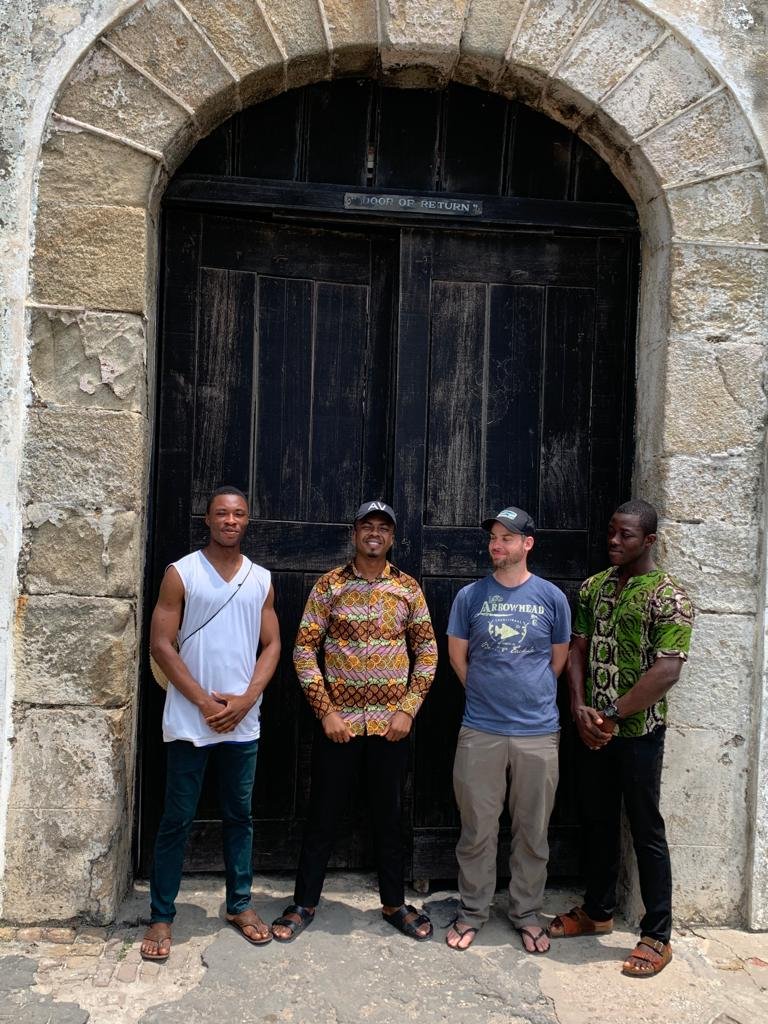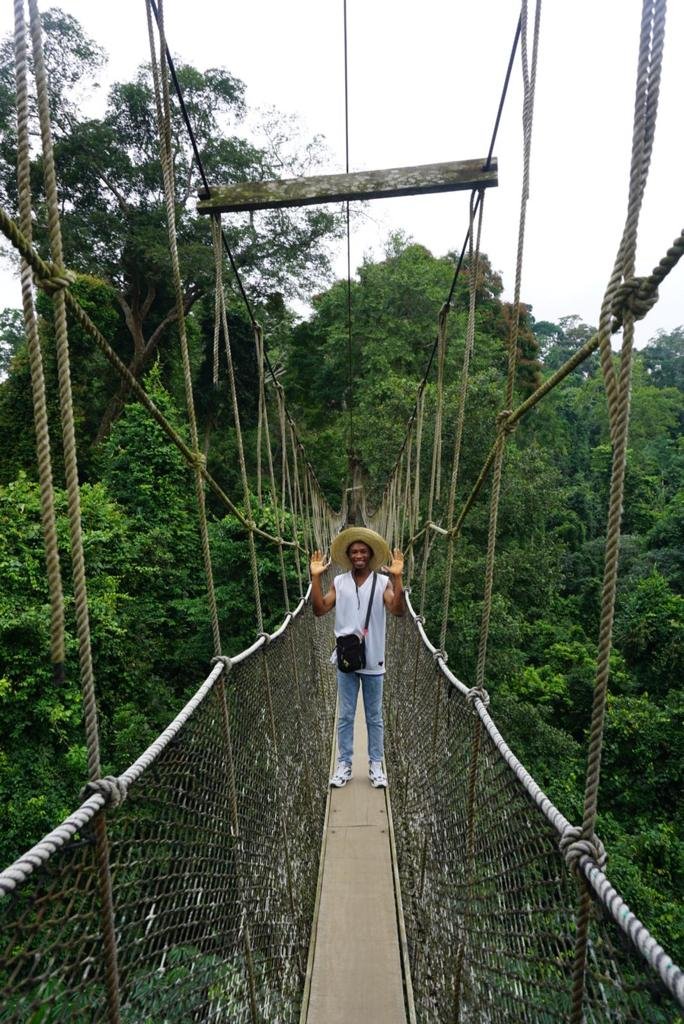"To understand what I know, I have to teach and share". These words spoken by Dr. Antonio Awuah at the University of Ghana Legon, keep ringing in my head. His words have been my major focus - to be able to learn more from outside (my environment) and inside (within me) - because I believe learning is incomplete without understanding. And for me to understand, I have to share.
Dance, music and language are the main elements used in transferring knowledge mostly through storytelling in the local Ghanaian society - known as informal education. To a Ghanaian, it is actually a formal education because it involves our culture. Through this type of education our values, skills, attitude and disciplines are imparted to the child. Sound, rythm, vibration and movement are the four major elements that also give life to an African. Dance, music, language and storytelling are interconnected to the extent that you can't leave one out of the equation. You can't dance without music. Someone might probably look at you and be astonished. The music that we sing is in a language that might be telling a particular story with a dance pattern. And all these will be transferring a lesson. Education in Ghana must be based on Ghanaian culture.
At Cape Coast castle, I was moved. After the tour guide finished the presentation I just gave a deep sigh. Strong African men who were captured as slaves had to be kept in a different room? I thought that was powerful. That shows how strong we Africans are, both physically and mentally. In the male punishment room, a room with no window or light I was afraid, and there were goosebumps all over me. When the guide closed the door and we remained silent in there for some seconds, I closed my eyes and I could hear voices in my head singing. And I believe that the songs I heard were messages from my ancestors telling me about Hope, Bravery, Freedom, Peace, Unity and Royalty.
As a Ghanaian visiting the Kakum National Park for the second time, there was more connection than there was for me the first time. I could hear birds calling to each other with a rhythm, and I felt the breeze in the forest. Walking on the Canopy Walkway was a whole new inspiration from within. I wasn't nervous when we began, but I got scared a little when we switched positions and I was leading. I felt like I was the only one on the walkway, then I turned to look back and I saw everyone behind me. That gave me courage to continue, to keep moving because I have supporters and also I'm leading. I was able to connect the experience to being a leader, having courage, taking bold decisions and setting good examples for my colleagues and students to follow.
The experience and connections at Donko Nsuo for me were extraordinary. I felt like I was lost as a Ghanaian not having enough knowledge about my history and culture. But I have found myself, thanks to WTIG and cohort members. I believe there is more I have to learn about myself and that is what this visit has inspired me to do. Having a father and a mother from different Ghanaian ethnicities tells me I have a lot to learn about myself from both sides, which can also help my students to know their own culture and ancestors. And this drives me back to my first conclusion that Education in Ghana must be based on Ghanaian culture.
Agyemfra Jerry
Student Teacher @
Presbyterian College of Education, Akropong-Akuapem, Ghana

